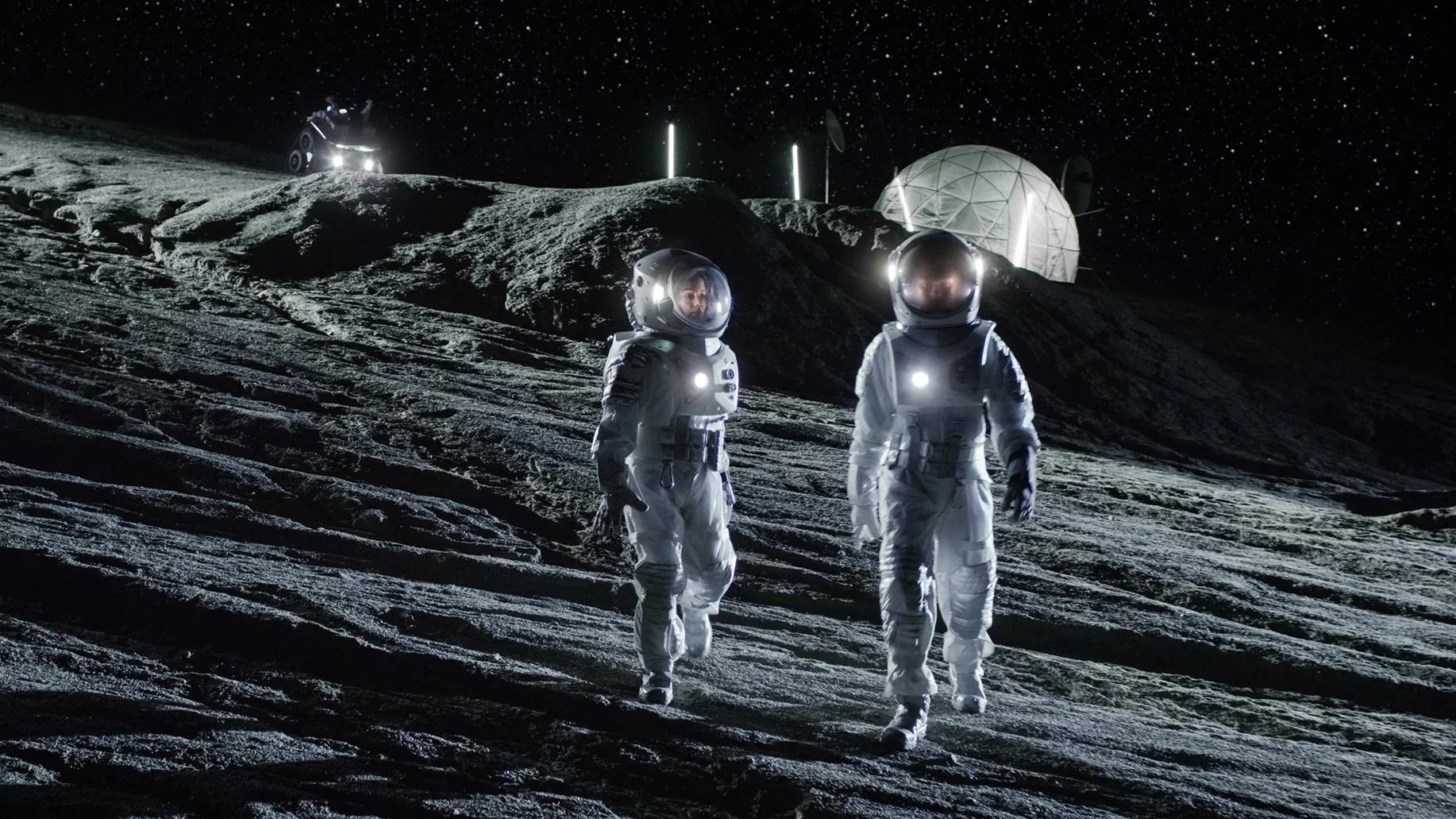A group of scientists examined the bacteria and viruses in 60 different cities worldwide. It turns out that each city has its own unique mix of microorganisms.
According to Christopher Mason, one of the researchers, the teams' detailed knowledge goes so far that they would be able to tell you from which city you came from with 90% accuracy by just giving them your shoe for analysis.
A gorgeous shot of Tokyo, one of the cities from which a mix of viruses and bacteria was studied - Image Credit: takuya kanzaki via Shutterstock
The scientists collected microorganisms from urban public transport and hospitals. Samples were retrieved from such things as door handles, garbage cans, shoe soles, railings, and buttons on appliances, among other things.
Among the 4,728 samples, they found no less than 11,000 new virus and bacterial species that had not yet been described. This shows that world cities are home to an unexpected diversity of species.
Although there are millions and millions of different species on Earth, scientists only have a decent genome reference for about 100.000 to 200.000 at this time. The finding of additional species can assist with the construction of microbial family trees enabling researchers to understand how different species are linked to each other.
Mason stated that people often see tropical rain-forests as the pinnacle of biodiversity, but it appears that the same goes for a railing in the metro or a bench in a park.
In each city they studied, the science team discovered a number of microorganisms or a specific mix of microorganisms that are typical for that particular city. Moreover, the larger the city, the more complex and diverse the micro-life found there. Cities such as Tokyo, Bogota, New York, and London participated in the study.
After analysis, the researchers were able to say with 90% certainty from which city a sample came. This could also be useful for forensic investigations in the future. The microbes a person carries can then reveal where he or she has been or has not been.
Scientists may even be able to determine to what part of a city someone has been to as there are also discrepancies in the mix of microorganisms within a city itself.
If you are interested in a more comprehensive overview of the study, be sure to check out the article published in the science journal Cell, listed below.
Sources and further reading:
If you enjoy our selection of content, consider subscribing to our newsletter
FEATURED ARTICLES:










